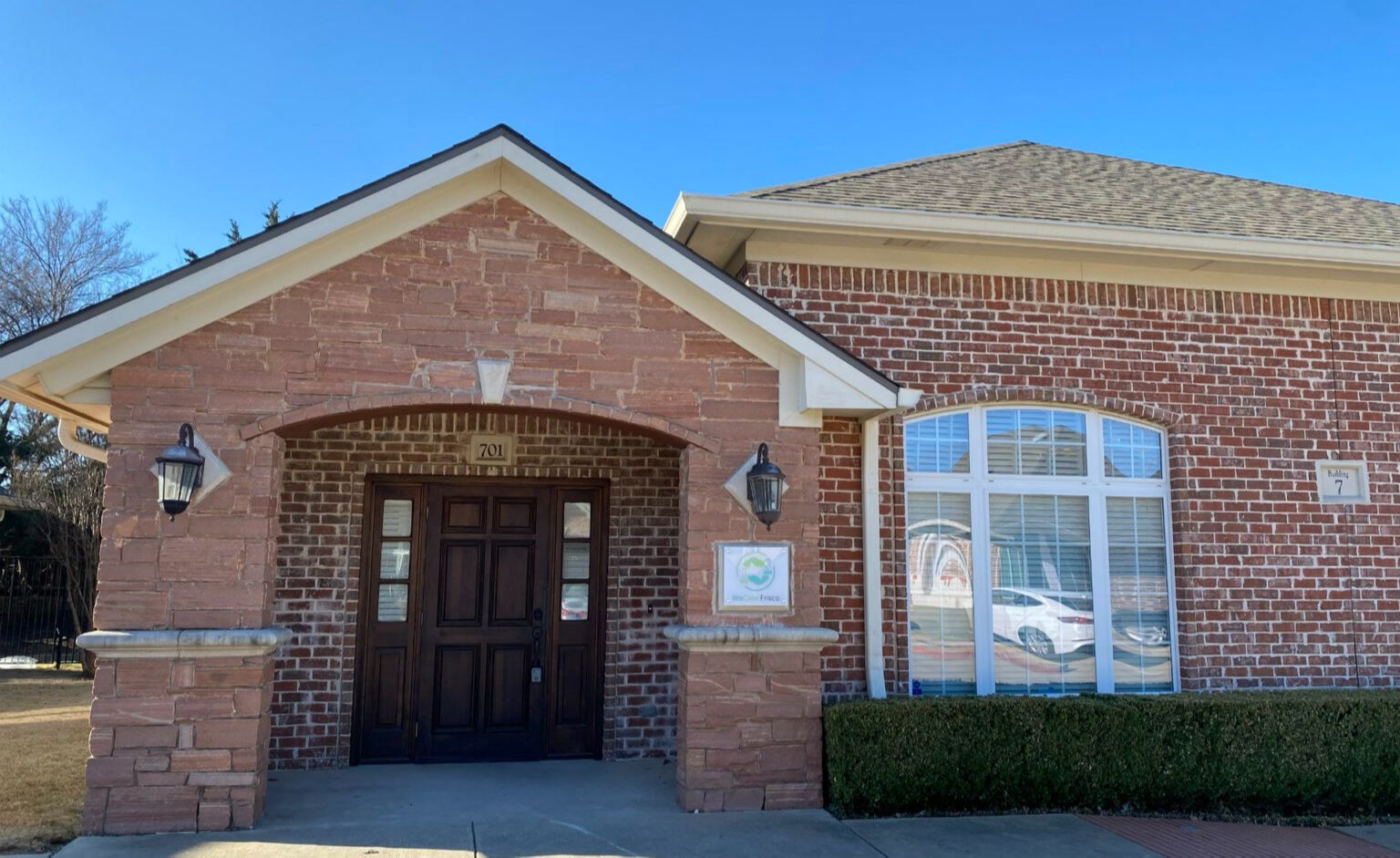
Women’s Heart Health – A Cause for Serious Concern
Feb 07, 2022By Jennifer Engels, MD
Before discussing the threat that heart disease poses for women, it would be helpful to point out the enormous amount of work our heart does for each of us. On average, your heart beats 100,000 times every day and more than 35 million times every year. Each and every hour your heart pumps about 100 gallons of blood through your vascular system, a system containing 60,000 miles of vessels. If all the blood vessels in your body were lined up end-to-end, they would wrap around the equator twice. Finally, during your lifetime, your heart will fill and empty approximately 2.5 billion times!
Given the work our heart does in sustaining our lives every minute of every hour, it’s unfortunate that far too many people consider heart disease to be primary a “male problem,” which most definitely it is not. Since 1984, in fact, more women have died of heart disease than men, and in the United States, heart disease is the number one cause of death in women, taking more female lives than all forms of cancer combined.
Additional facts
Beyond these sobering figures, here are some other disturbing facts and statistics related to women and heart disease.
- During her lifetime, one woman in four will be diagnosed with some form of heart disease, and it’s quite possible that because of gender differences, many more are overlooked or misdiagnosed.
- For women, the symptoms of heart disease are often different from those of men. For example, plaque in the walls of arteries collects differently in women than in men, making it more difficult to see in an angiogram.
- Further, although most women have pressure or pain in the chest during a heart attack, some will experience vomiting and/or pain in the jaw, back, or stomach, symptoms easily confused with other health issues.
- Electrocardiograms are not as accurate on women, often leading to a false negative saying a woman has not had a heart attack when, in reality, she has.
- Heart disease is especially prevalent among African American and Hispanic women. According to the American Heart Association, 49 percent of African American women 20 and older have some form of heart disease, while on average Hispanic women are likely to develop heart disease 10 years earlier than non-Hispanics.
- Many women never get a second chance, because for half the women suffering heart disease, their first warning is sudden death. And if fortunate enough to survive, women are twice as likely as men to die in the first weeks following their attack.
- Unfortunately, women continue to be underrepresented in science, technology, engineering, and mathematics (STEM) fields and in clinical research. Only 38 percent of participants in cardiovascular trials are women.
Menopause and other risk factors
On the positive side, it is true that during their reproductive years, women have a heart health advantage over men. In part this is due to the cardio-protective qualities provided by female hormones that reduce the risk of heart disease in women before menopause. But these benefits disappear after menopause, especially with declining levels of estrogen, leaving many women who think they are perfectly healthy with a heightened risk of developing heart disease.
In addition to menopause, other factors that put women at risk for heart disease include:
- Obesity
- Smoking
- Excessive use of alcohol
- Unhealthy diet
- Lack of physical activity
- Drug abuse
- Depression
- Genetics and family history
- Hormone imbalance
- High blood pressure
- High levels of bad cholesterol (LDL) and low levels of good cholesterol (HDL)
Treatment available at WeCare Frisco
From this summary of statistics and risk factors, I hope it is clear that we take women’s heart disease very seriously at WeCare Frisco. Having dealt with some heart issues of my own, I am particularly aware of the enormous threat heart disease poses for women.
To summarize, heart disease isn’t a problem just for men or for the elderly. Whatever your age, as a woman your internal systems may be out of balance in some way, putting you at serious risk of heart disease. But by restoring your body’s natural balance and adopting a healthier lifestyle, your chances of developing heart disease can be greatly reduced.
At WeCare Frisco we’re here to work with you in creating an individualized treatment plan to reduce your risk of heart disease and help you live a vital and productive life, and we invite you to contact us to schedule your initial consultation.



